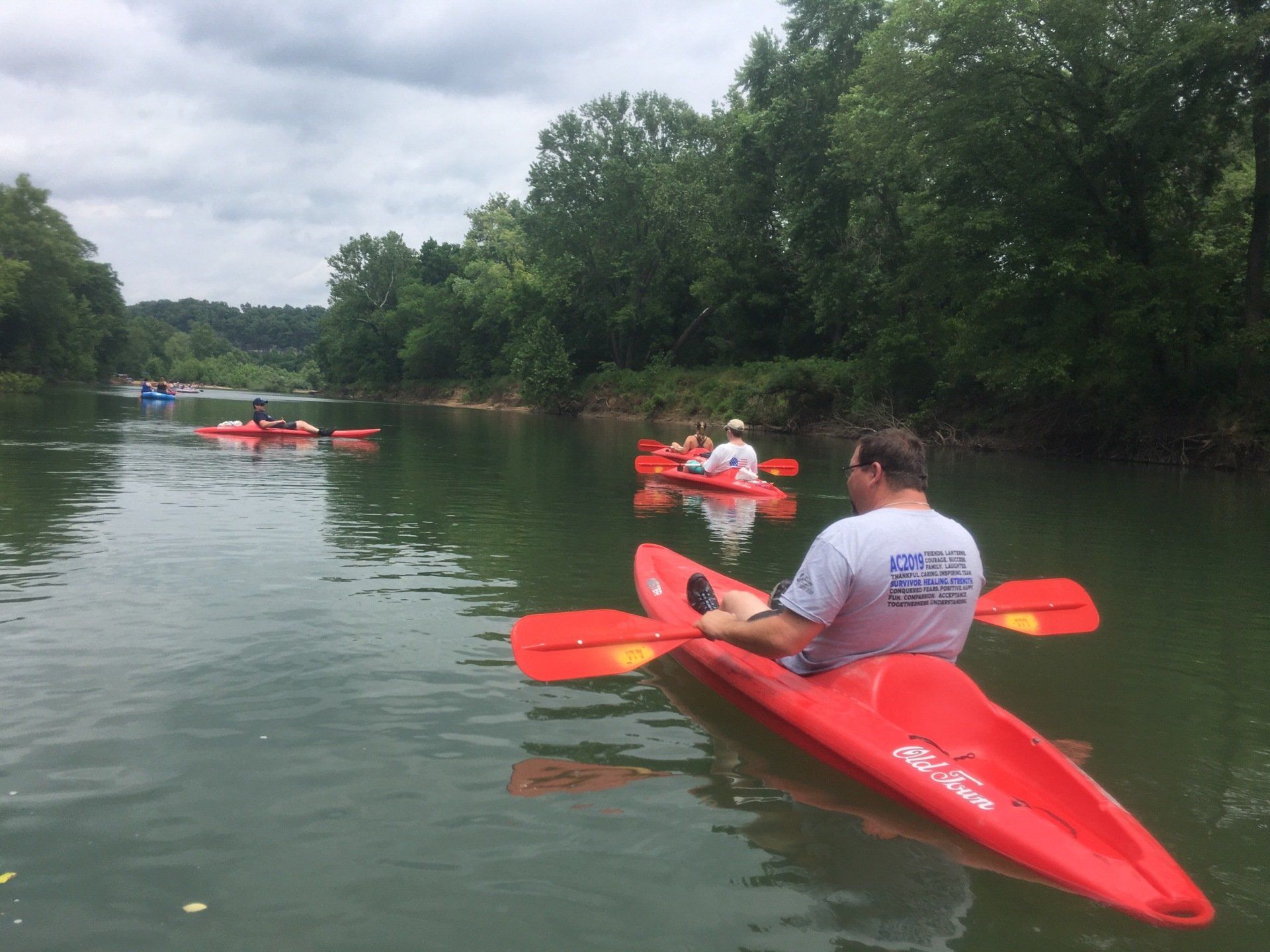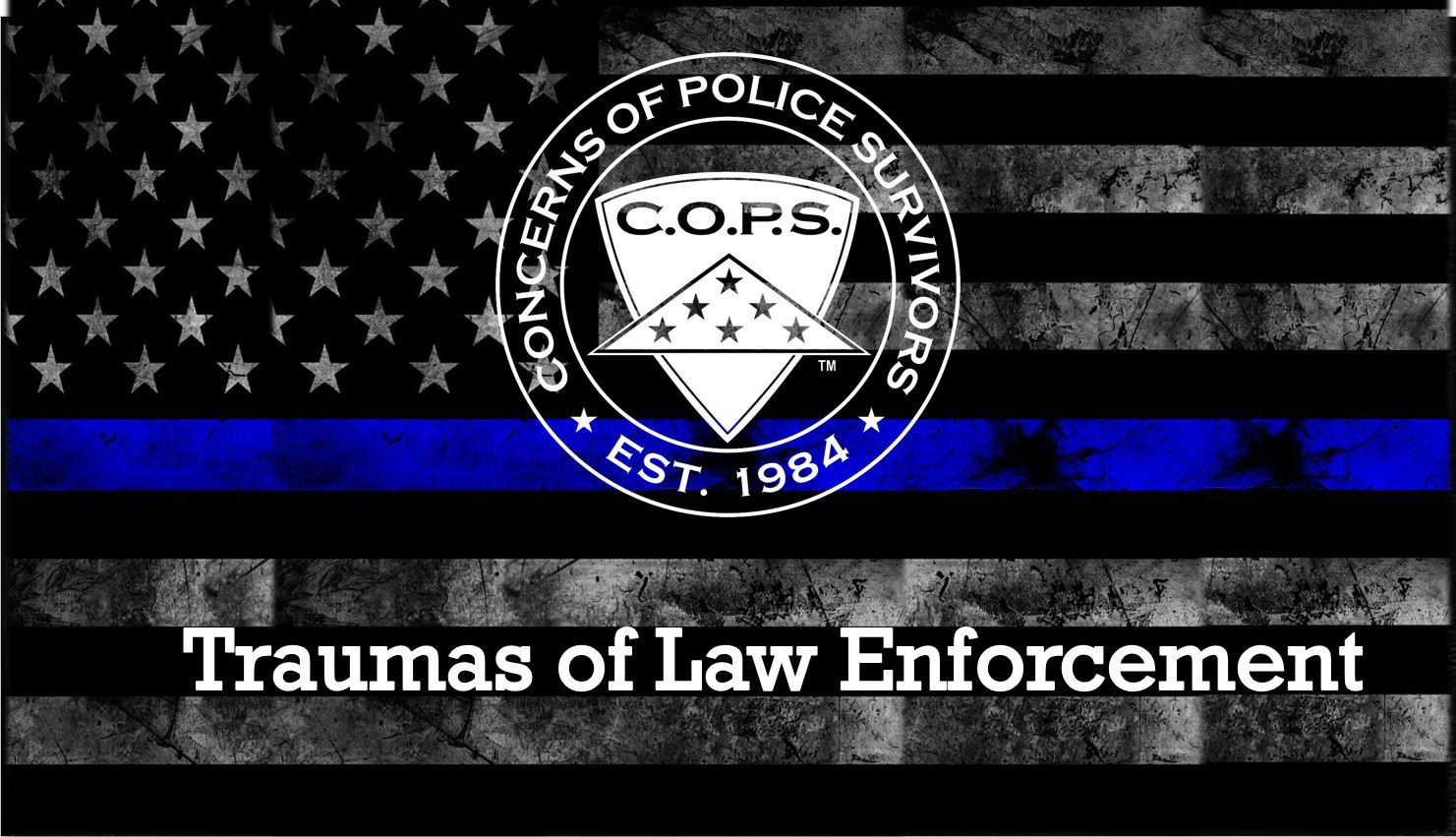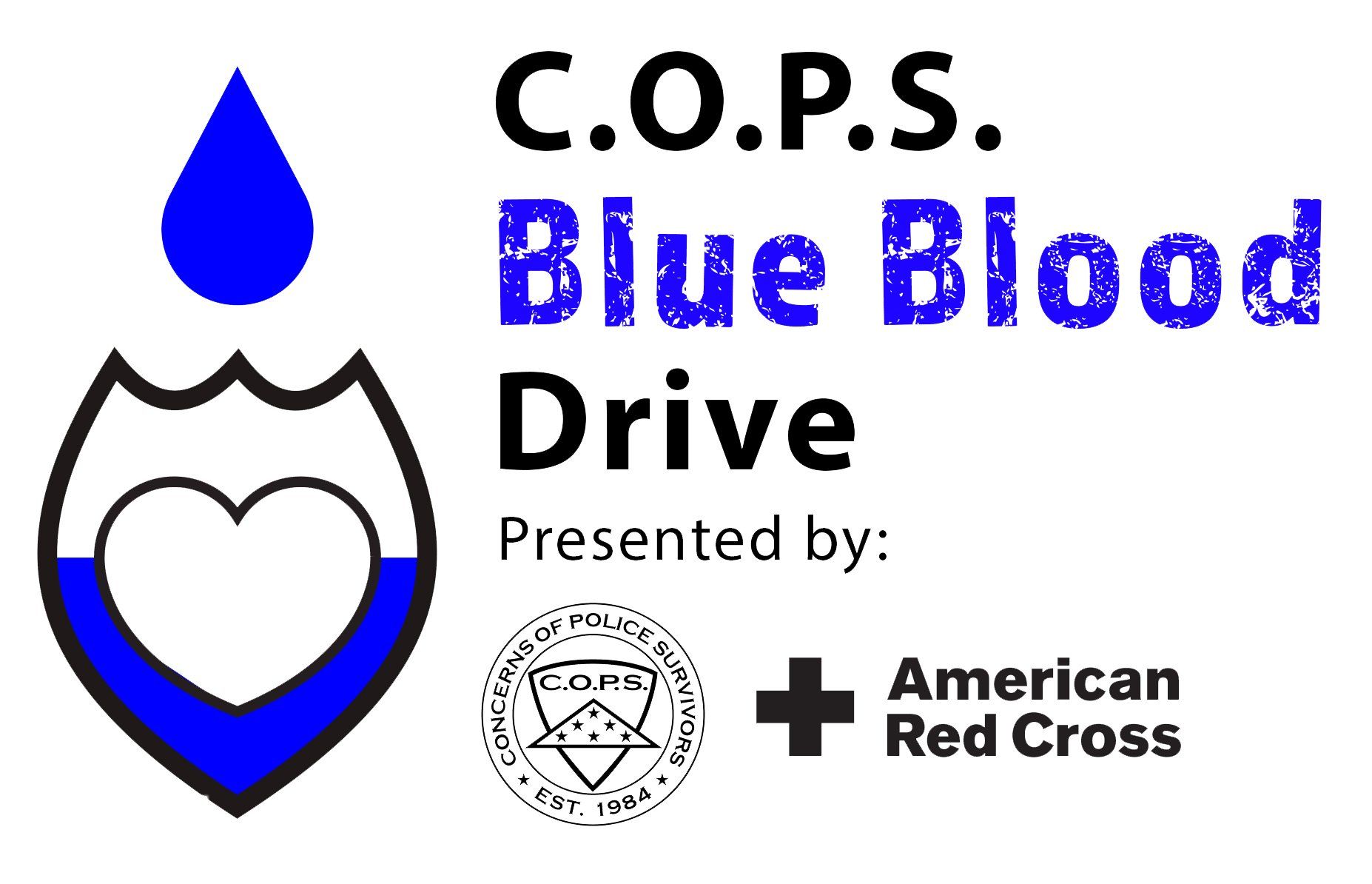About Us
Concerns of Police Survivors
Each year, between 140 and 160 officers are killed in the line of duty and their families and co-workers are left to cope with the tragic loss. Concerns of Police Survivors (C.O.P.S.) provides resources to help them rebuild their shattered lives. There is no membership fee to join C.O.P.S., for the price paid is already too high.
C.O.P.S. was organized in 1984 with 110 members. Today the organization has grown to over 51,000 survivors. The organization was started to assist family members and co-workers of law enforcement officers killed in the line of duty. Currently C.O.P.S. has over 50 chapters nationwide that work with survivors at the grass roots level.
At the onset of a line of duty death, our board members are trained to provide a number of services, none more important than survivor peer support and grief counseling. Additionally, C.O.P.S. offers financial support, scholarships, Annual National Conference, National Police Week Assistance, survivor networks and a variety of survivor program retreats. All of which is free of charge to survivors.
C.O.P.S. is trained to assist with the planning and preparing of a line of duty death funeral, preparing departments with post administrative roles including Public Safety Officer’s Benefits (PSOB) and national and state memorial enrollment.
History of Oregon Concerns of Police Survivors
The names of three Portland police officers who died in the earlier part of the 20th century while on duty were added to the fallen officer roll call during the annual memorial ceremony May 7 at the Department of Public Safety Standards and Training Academy.
The ceremony always draws officers from agencies around the state and family members of those lost to honor the memory of more than 170 fallen comrades and this year they witnessed the addition of three Portland police officers to the granite memorial that sits on the southeast side of the academy.
Chief Michael Reese from the Portland Police Bureau read the names: Glenn Litzenberg, James Wright and Gilbert Horton.
“For many years we have honored 26 officers in Portland who gave that ultimate sacrifice,” Reese said. “Through painstaking research, the Portland Police Historical Society, which operates our museum, has learned that there were actually three additional officers who died in the line of duty but were forgotten.”
It is time, Reese said, to make amends to the honorable men. He shared the stories of how each man died.
Serving on motorcycle patrol, Litzenberg died in April 1918 at age 31 when a passenger car collided with his motorcycle and he fell headfirst onto pavement.
Wright died in January 1923 when he investigated a reported death at a lodging house on Washington Street in Portland. The person had reportedly died of pneumonia and standard procedure at the time required searching the room and staying there to wait for a coroner. Wright died three days later at age 36.
Horton died in December 1946 when he was on assignment at Union Station. He responded to a report of a drunk passenger on a train car. Horton placed a 42-year-old woman under arrest and removed her from the train. As they walked through Union Station he collapsed and died of a heart attack.
Most of the research done to find these officers’ stories was done by Jim Huff, director of the Portland Police Museum, a nonprofit formed in 1976.
“Going through old personnel records, going through old newspaper clippings, going through online, like ancestry.com, working a lot with that, working with death records, talking to any surviving members of the family you can get a hold of, and then going through a whole process,” Huff said. “We went through about three different layers, maybe more.”
The names were also added to the National Law Enforcement Memorial.





